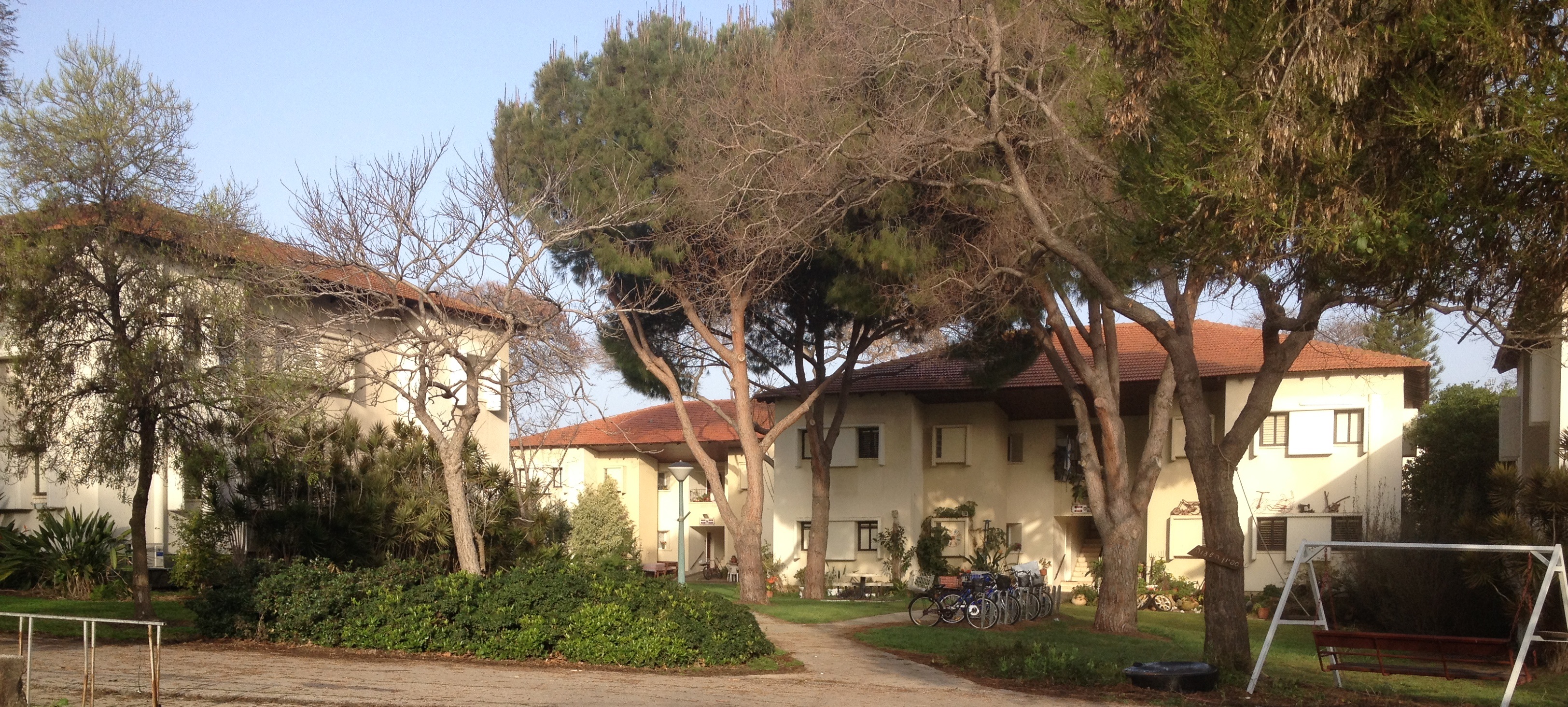
Critical Incident Checklist
A third psychometric device is closely related to the situational-descriptive questionnaire. Through the use of critical incident checklists, a respondent is asked to indicate how frequently a specific event or outcome is generally found to be critical to an institution’s success or failure in solving a specific type of problem. An indication of its relative frequency of occurrence can be of considerable value to a consultant and client in assessing the severity of the problem.
General Information
The tenth source of information resides in the memory of the consultant as well as in the memory of the client (and audience). This is the general knowledge one has acquired about this type of institution (and about organizations in general). One need not direct this knowledge only to an intervention (such as making a speech or conducting a workshop). Information about nationwide or regional trends, new funding priorities, different production and business models, and institutional practices can be thrown into the hopper during the information collection stage along with information about the client system. The general knowledge can be used as a signal. When information-gathering methods generate data that are discrepant not only with information from other sources in the organization, but also with general trends in this type of institution, they should be viewed skeptically, though not necessarily dismissed.
Stage Four: Information Analysis
This stage often is ignored in descriptions of the consulting process. Information collection is assumed to lead directly into information feedback, yet such a sequence seems to neglect the fact that a consultant (and client) has a mind, and, as a result, will screen out some of the data that are collected and add a particular perspective to the data that are retained. There is an even better reason for acknowledging this stage. It is at this stage that the consultant’s expertise and past experiences can often be of greatest value to the client. Rather than lecturing to the client or providing a set of descriptions of programs at other institutions, the consultant can apply all of the theories, concepts and knowledge of other programs directly to the task of making sense of the institution with which she is working.







